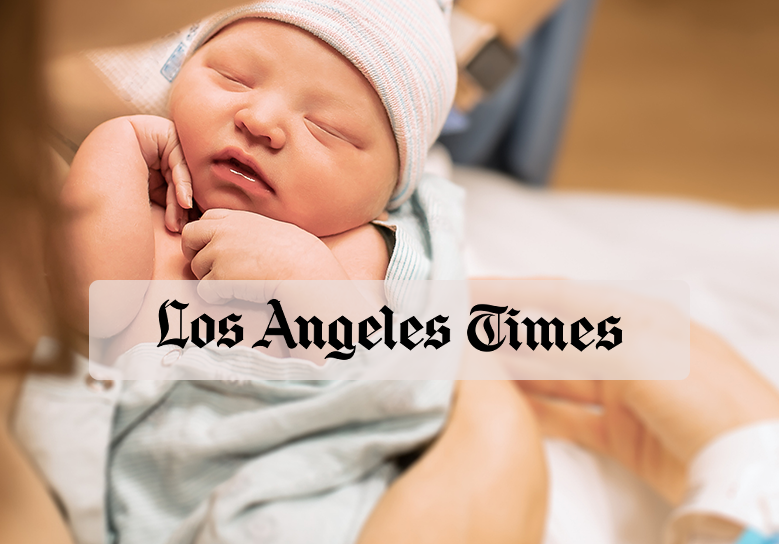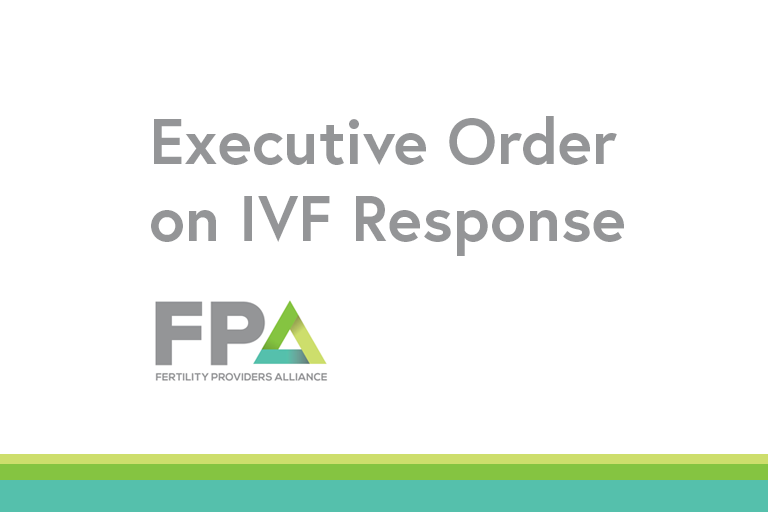Reproductive Science Center has designed an artificial intelligence (AI) program to help physicians and embryologists identify embryos most likely to result in a pregnancy for infertile mothers
San Ramon, California (October 6, 2021) – Since 2016, Reproductive Science Center of the San Francisco Bay Area (RSC) quietly has been applying the precision of artificial intelligence and machine learning to the art of fertility medicine. The practice uses this information in a critical area of in vitro fertilization (IVF): selecting the most promising embryos to provide the best chance of pregnancy for infertile women and couples along with LGBTQ+ patients who need this treatment to become parents.
As machine learning increases RSC’s database of knowledge, the practice’s success rate of IVF pregnancies has increased to around 68%. Among other things, artificial intelligence at RSC helps determine which embryo created through IVF has a better chance of becoming a baby, what ongoing pregnancy rate the patient can expect, and provides data on the rate of chromosomally normal embryos. But AI is not taking over decision making.
“Nobody wants a machine to fully make medical decisions; machines have no bedside manner and don’t know the nuances of a patient’s desires and needs,” said RSC’s Dr. Mary Hinckley. “But you want a clinic that integrates that machine learning, which might be better than a doctor’s memory and experience, because it’s more reliable. Good doctors use medical science and technology but they add the personalization of patient care to make AI come alive and feel personal while being precise.”
AI and machine learning is a hot topic in fertility medicine. Hinkley sees AI as an important factor in moving medicine away from being based on past experience to being a more scientifically based field. Her patient Erin Hale, who has one child through the help of RSC’s AI and another on the way, is onboard with that.
“The term AI has this sci-fi connotation that can turn people off, especially in the context of having a baby,” said Hale. “It makes the unnatural process of IVF seem even MORE unnatural. However, I think of it more in terms of using data sets of past treatments to increase your odds of success – the process continually evolves and improves. There is no downside! A data informed selection is better than pure randomness and chance.”
Hinckley explains the place of artificial intelligence in the practice’s treatment. First, they gather input from patients, such as the patient’s age. Then they add to that information from the IVF lab monitoring systems and embryologist’s analysis of the embryo, insights from the doctors’ years of experience, and then AI information on embryo evaluation and comparisons. If a patient wishes to select a male embryo or a female embryo that can also be factored in, but the patient can understand with statistics how this choice may affect the success rate.
RSC’s AI information resides in the Big Data Program, which is the machine learning program IVF Lab Director Dr. Oleksii (Alex) Barash began back in 2016. Hinckley calls this the secret “Alex factor” for improving IVF pregnancy success rates.
“I created the program to promote machine learning and AI in reproductive science,” said Barash of his IVFbigdata website. “The IVF Big Data project is a nonprofit collaboration of world-renowned physicians, embryologists and data scientists. It was created to increase awareness about human in vitro fertilization and share cutting-edge scientific knowledge with the general public.”
Here’s how RSC’s AI system predicts which embryos are more likely to become a baby:
- It looks at RSC’s huge library of embryos that appear identical to the individual patient’s embryo.
- It considers when the embryo was frozen during its development, an important factor in viability.
- It calculates embryo grading based on size that measures expansion of cells that will become the baby and those that become the placenta.
- It formulates the equation of grade + day of freezing = statistical percentage of the embryo becoming a viable fetus past the first trimester of pregnancy, a good indicator of successful birth.
“Each iteration makes the machine better, so there’s continuous improvement,” said Hinckley. “With every use the machine gets smarter and we get smarter. We can see if the machine picks the same embryo we would have chosen. It can reduce disease and lessen the burden of infertility.”
Erin Hale said AI not only improved her chances of getting pregnant, but helped her feel more at ease. “I was excited and felt comforted by the fact AI data was being used to increase the viability of the embryo transfer. So much physical energy, emotion and time go into the fertility treatment that anything to increase the success is welcome, particularly mechanisms that rely on data versus anecdotes, like eating pineapple cores to improve success.”
Hinckley said RSC’s use of AI will continue to expand. For instance, it is already being used in the practice’s electronic medical records. All seven RSC physicians use AI in IVF, but not 100% of the time. “It can be used if the physician is unsure of which embryo is best,” said Hinckley, adding that the AI predictions are often better than her own.
[hoops name=”PR-contact”]






